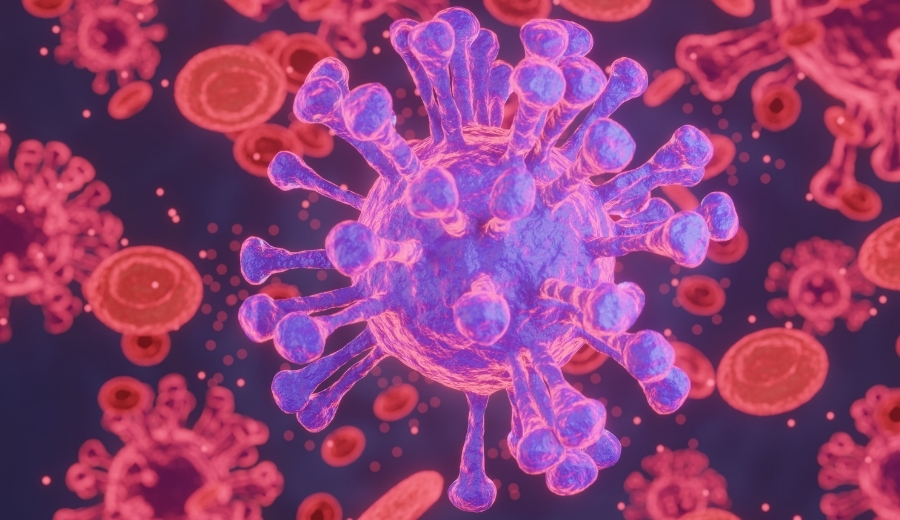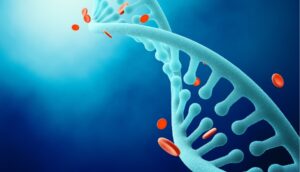Autism Spectrum Disorders (ASD) encompass a range of neurodevelopmental conditions characterized by challenges with social skills, repetitive behaviors, speech, and nonverbal communication. The complexity of these disorders has propelled scientific communities to explore various avenues for early detection and intervention, with genetic testing emerging as a promising approach. This article delves into the role of genetic testing in the early detection of autism and examines how early intervention strategies can profoundly impact the developmental trajectory of individuals with ASD.
Exploring Genetic Testing for Autism Detection
Genetic testing for Autism Spectrum Disorders (ASD) analyzes an individual’s DNA to identify genetic variations that contribute to these conditions. Recent advancements in genetic technologies, such as whole-genome sequencing and gene panels, have deepened our understanding of autism’s genetic basis. These tests reveal mutations in specific genes linked to ASD, offering insights into its biological foundation and potential pathways for personalized treatment.
Genetic testing provides multiple benefits. Families with a history of autism gain a clearer view of hereditary risks and better understand the likelihood of ASD recurring in future generations. Identifying genetic markers also enables earlier diagnosis of autism, which is critical for starting timely intervention strategies. At the same time, healthcare providers must approach genetic testing carefully, as it raises ethical and social concerns about privacy, consent, and the risk of genetic discrimination.
Despite these challenges, clinicians increasingly integrate genetic testing into autism care. As researchers continue to uncover ASD-related genes, they expand the potential for targeted therapies. This approach allows healthcare providers to customize treatment plans and improve the effectiveness of interventions. The evolving field of genetic testing continues to transform autism diagnosis, making it more precise and informed by genetic insights.
Want to know more about Genetic Testing for Skin Disorders: Understanding the Risks Early
The Role of Early Intervention in Autism Care
Early intervention in autism relies on the principle that timely and appropriate therapies can significantly shape the developmental path of young children with ASD. These interventions use the brain’s plasticity during its most formative years—typically before the age of three. Practitioners employ various evidence-based approaches, such as behavioral therapies and developmental models, to strengthen communication, social skills, and cognitive functions, which often present challenges for children on the autism spectrum.
Early intervention also tailors therapies to each child’s unique needs. Clinicians design personalized treatment plans based on behavioral assessments and genetic findings to maximize effectiveness. For example, when genetic testing reveals a mutation that impacts learning, therapists adapt interventions to focus more intensively on cognitive and educational support. This level of customization not only enhances therapy outcomes but also nurtures the child’s overall growth and development in a holistic way.
Early intervention further delivers benefits to society at large. Research shows that early and intensive therapies for children with ASD improve outcomes and reduce long-term costs. These programs lower the need for special education and increase the potential for independent living, which creates substantial economic advantages. By emphasizing early detection and diagnosis supported by genetic testing healthcare providers can implement intervention strategies that are both timely and precise.
The exploration of genetic testing for early detection of autism spectrum disorders represents a significant stride towards understanding and managing this complex set of conditions. By identifying genetic markers associated with ASD, families and preventive healthcare service providers can engage in more targeted and effective early intervention strategies. These interventions, when implemented early, can profoundly influence the developmental outcomes for children with autism, bringing substantial benefits not only to the individuals and their families but also to society at large.






